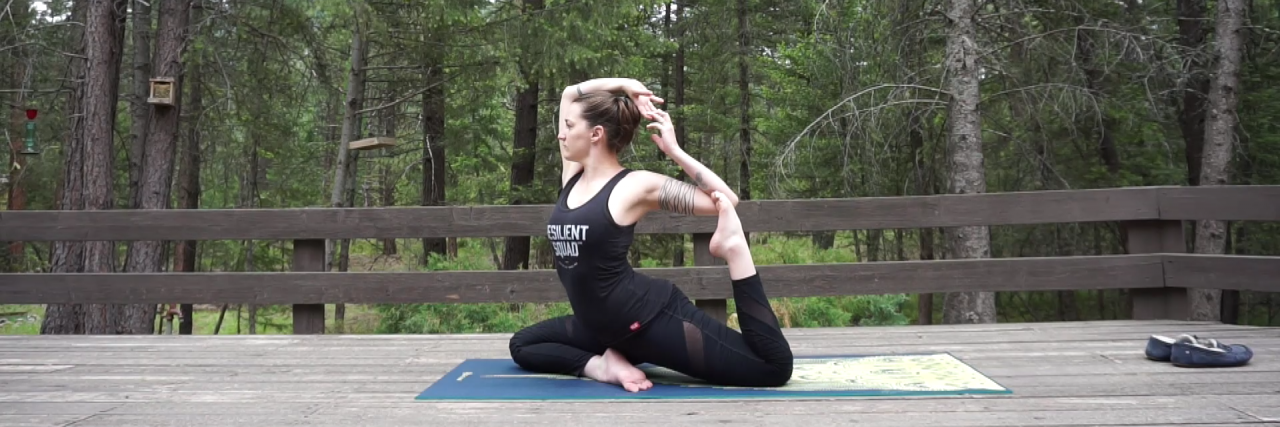Chronic Illness
Join the Conversation on
Chronic Illness
Chronic Illness
257K people
0 stories
36.7K posts
What's New in Chronic Illness
All
Stories
Posts
Videos
Latest
Trending
Hey, it's great to see you! 👋
The Mighty's chronic illness community is already more than 200,000 strong, but there's always room for more. Come on in and join the conversation!
Do your future self a favor!
Get access to The Mighty's best chronic illness articles. Directly in your inbox. Every week. Future You will say 'thank you.'

SUPER CONTRIBUTOR
Charles Mickles
Charles is an author, speaker, and an elementary principal who has has battled chronic illness since he was 15.
The Mighty has given me a voice.
One Mighty user found their voice on our app. We're here to help you find yours.
Had enough of misconceptions about chronic illness?
The Mighty has a podcast for you because, well, we're fed up with them too. Give our Chronic Illness Misconceptions episode a listen today.







